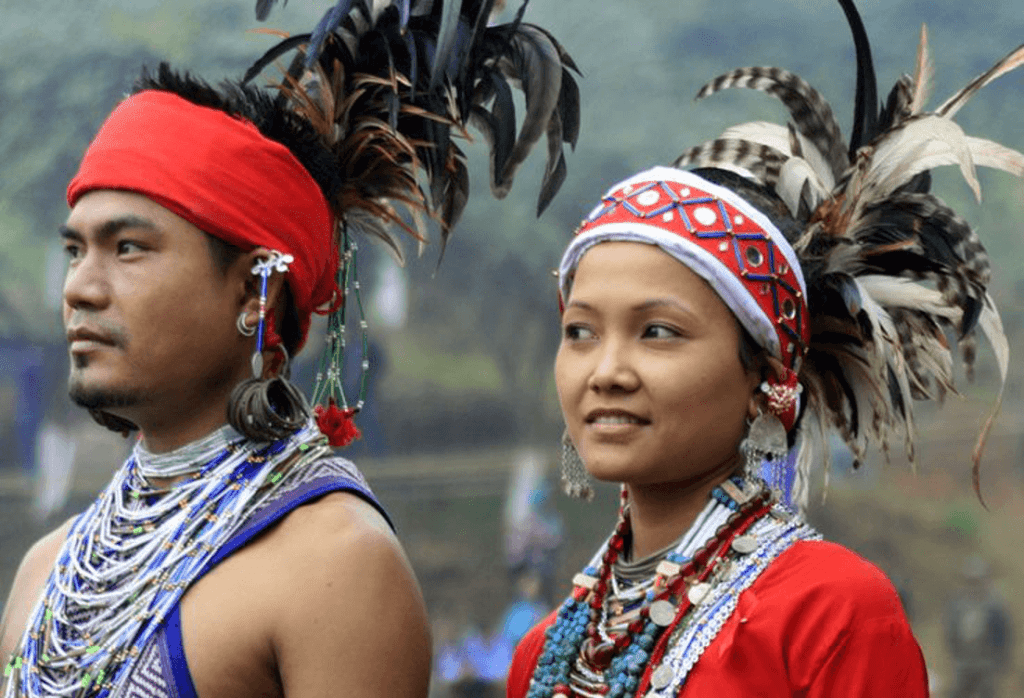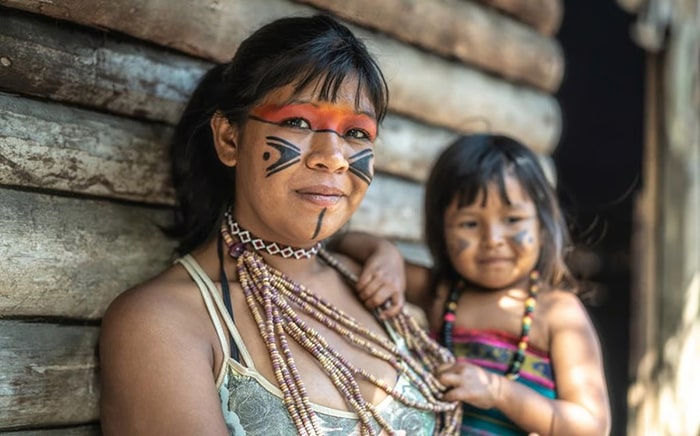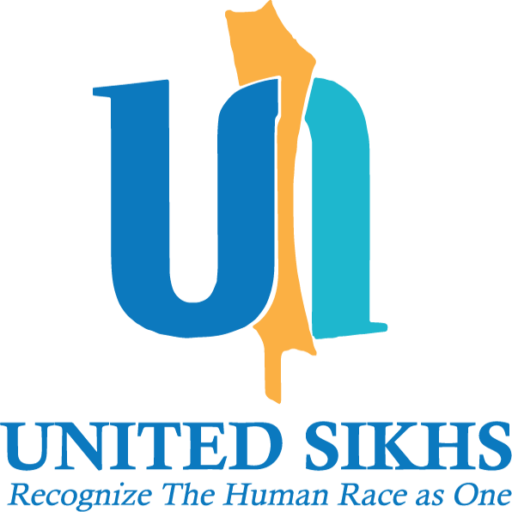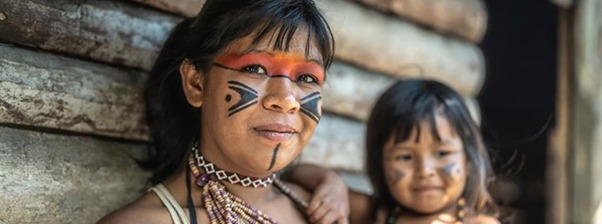The United Nations observes the International Day of the World’s Indigenous Peoples annually on August 9. This day serves as a platform to raise awareness about the unique challenges faced by indigenous communities worldwide.

Currently, there are an estimated 476 million Indigenous Peoples worldwide and around 200 groups of whom live in isolation from the rest of the world. They reside in dozens of countries in every continent, in areas rich with natural resources like Jharkland and Orissa; remote forests, in oil-rich and mineral rich regions, and beautiful locales. They have mastered the skills of preserving their lands, yet their unique situations present them with challenging circumstances no matter where they are.
UNITED SIKHS fervently believes in the elimination of discrimination and recognizes the rights of indigenous peoples not only as a matter of justice but also as a crucial step towards fostering a more equitable world. It is imperative that we support these rights to honor the dignity of indigenous peoples and acknowledge their vital contributions to our shared future.
We exemplified our mission as part of the food relief mission to Temiar Orang Asli, the indigenous people of Malaysia who in 2014 were hit hard by flooding due to deforestation. The UNITED SIKHS Baaj (falcon) Flight for Humanity is a testament to this dedication when it braved unfavorable weather during its flight for a relief mission in the interiors of Malaysia. We delivered 100 tonnes of food and supplies across 11 villages, alongside medical teams who provided assistance to 1000 Temiar natives including approximately 5000 Temiar people who had been cut off from civilization for three months.
This year, the United Nations’ observance focuses on ‘Protecting the Rights of Indigenous Peoples in Voluntary Isolation and Initial Contact’. These are communities who choose to live detached from the rest of the world, allowing them to preserve their unique cultures and languages, thus maintaining a strict dependency on their ecological environment. Undeniably, it is an exercise of their Right to autonomy and self-determination as enshrined in the UN Declaration of the Rights of Indigenous Peoples. However, the challenges they face are often overlooked by the surrounding world.
The people of Punjab have also been indigenous to their lands for over a millennium now, developing their own unique blend of culture, language, foods and professions. Historians have documented this right from the time of early Afghan and Persian invasions, to the British invasions in the 19th century. Prominent examples include the writings of G.W. Leitner in his “History of the Indigenous Education in Panjab” where the author describes an education system much advanced for its time.

We also recognize the challenges facing the Indian Tribes in the United States whose inherent sovereignty predates the United States itself. Till date they have struggled to benefit from federal programs designed for their use, and as to their sacred sites, while the federal government finalized guidelines for such sites, problems remain. Indigenous communities both in the US and Canada have been subjected to physical, sexual and psychological abuse as a legacy of forcible assimilation causing intergenerational trauma for their families and communities.
Despite cultural diversity, indigenous people share common challenges related to the protection of their rights. Through our united efforts, let us rally behind these culture-rich communities as allies in the realization of rights-based goals, aligned with the principles of self-determination, justice and intergenerational connection.


